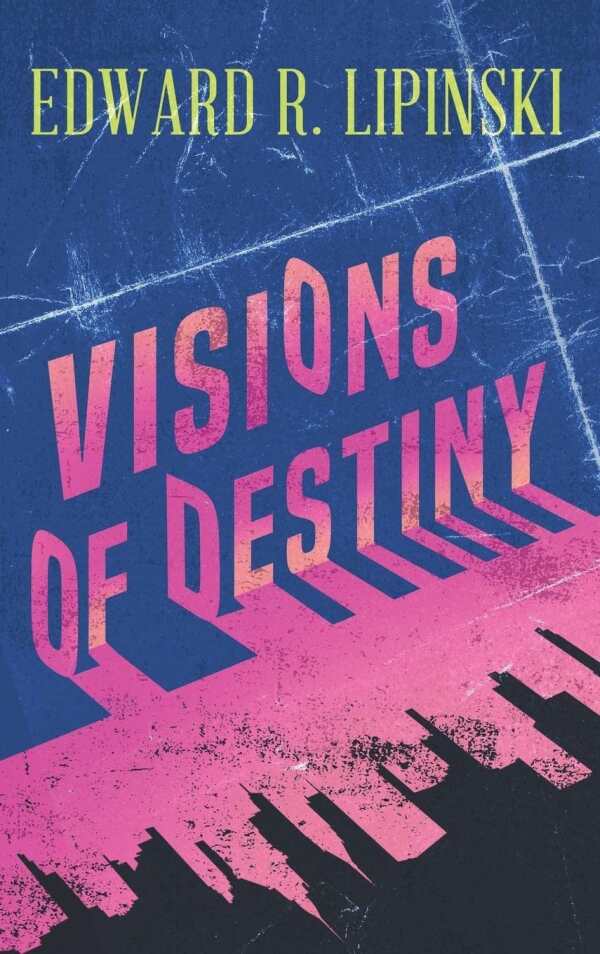
Visions of Destiny
Bittersweet and troubling, Visions of Destiny is a fantasy novel in which a gifted boy cannot escape what the future has in store for him.
In Edward R. Lipinski’s fantasy novel Visions of Destiny, a reluctant clairvoyant muddles through a lonely life, dealing with the consequences of his powers.
Henry is an average boy in every way except one: he can, on occasion, see into the future. Despite his attempts to keep this ability secret, Henry’s visions cause him no end of trouble, leading him to eschew close relationships in favor of solitude. His vow to keep his visions to himself is put to the ultimate test after a calamitous prediction that may cost countless lives.
The stakes rise every time Henry tries to act on his visions. As the book progresses, there’s little solace to be found for him. Still, he hopes to touch the lives of others in a meaningful way. In the end, he must decide if he is willing to pay the price for doing what’s right.
Henry’s indolence and youthful innocence make him a contemporary corollary to Cassandra: no one, from his image-conscious and bigoted parents to his line-toeing bosses, ever wants to hear the truth. And his loneliness makes him susceptible to questionable influences, as when the only close friend he’s ever had persuades him to use his precognition to become a gambling cheat. He is a sympathetic hero, but only up to a point: as he gets older, his ignorance and self-pity inspire frustration rather than compassion. He stagnates rather than growing; he is always treated as a victim of circumstance, even on the rare occasions when he is guilty of what others accuse him of. And he allows himself to be dragged along by people and events without showing any agency of his own. Indeed, some of the book’s secondary characters—including a distinctive, conflicted psychologist and a loud-mouthed neighbor—end up outshining Henry.
The repetition of certain key phrases throughout the story gives it a rhythmic quality, while the direct, casual prose contributes to a fairy-tale atmosphere. The nebulous sense of time complements this style: people read physical newspapers and cell phones receive only passing mention. However, the book’s ideas and scene structures also repeat, slowing its pace in favor of extended introspective passages. And the addition of an outlandish terrorist plot in the final chapters clashes with the story’s otherwise understated, mundane atmosphere. Instances of missing words, misspelled words, missing or misplaced commas, and run-on sentences undermine the text throughout.
Bittersweet and troubling, Visions of Destiny is a fantasy novel in which a gifted boy cannot escape what the future has in store for him.
Reviewed by
Eileen Gonzalez
Disclosure: This article is not an endorsement, but a review. The publisher of this book provided free copies of the book and paid a small fee to have their book reviewed by a professional reviewer. Foreword Reviews and Clarion Reviews make no guarantee that the publisher will receive a positive review. Foreword Magazine, Inc. is disclosing this in accordance with the Federal Trade Commission’s 16 CFR, Part 255.
